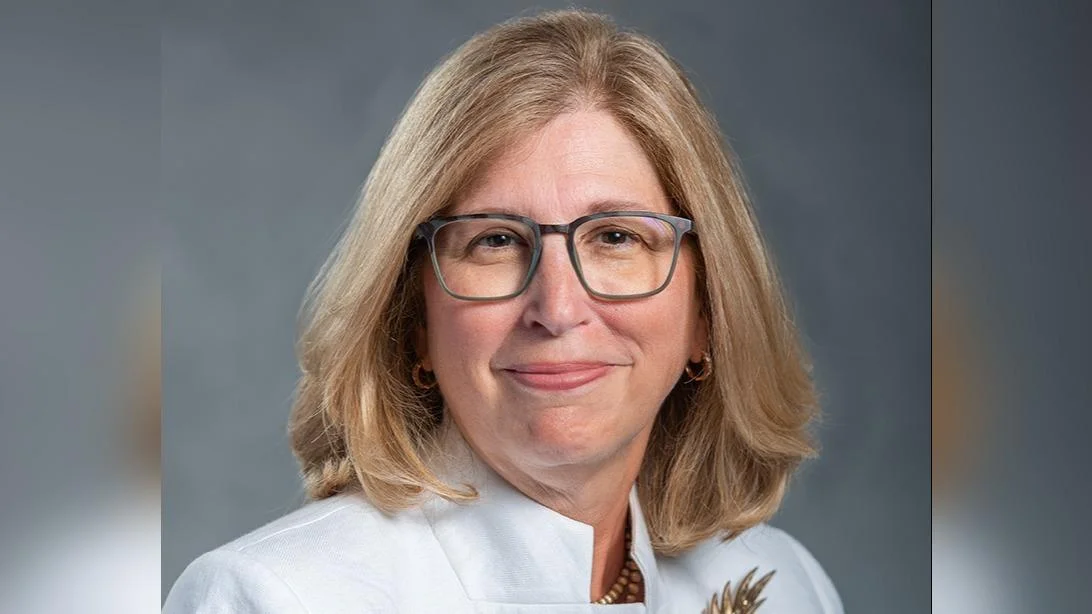Interim President Teresa K. Woodruff, Ph.D. | Michigan State University
Interim President Teresa K. Woodruff, Ph.D. | Michigan State University
Michigan State University researcher Robert Quinn has been examining the growing interest in gut health, which has become a significant business trend. Products promising to enhance the microbiome are now common, from supplements to social media endorsements. Influencers and celebrities often link a healthy gut to overall wellness, including improved immunity and weight regulation.
Quinn, an associate professor at MSU's College of Natural Science Department of Biochemistry and Molecular Biology, affirms that this focus on gut health is grounded in science. He emphasizes that the gut microbiome plays a vital role in digestion and overall health. An imbalance can lead to chronic illnesses.
"The gut is the entire gastrointestinal tract," Quinn explained. While most of this tract isn't suitable for microorganisms, the colon houses trillions of bacteria essential for breaking down fiber and food not digestible by human organs. "Food makes it through that first 70 percent of the journey through your GI tract to get into the colon, and then the microbes do their thing," he said.
The Industrial Revolution marked a shift towards processed foods, disrupting our natural diet and leading many people's microbiomes into dysbiosis—an imbalance in bacterial ecosystems. "There are millions of years of human evolution preceding the last 150 or so," Quinn noted.
To restore balance, Quinn advises consuming high-fiber foods like apples, avocados, oatmeal, prunes, sauerkraut, yogurt, pickles, and fermented foods such as kimchi. These foods support a vibrant microbiome by providing necessary nutrients.
While kombucha is beneficial for gut health due to its fermentation process, probiotics present more complexity. Although some studies suggest benefits post-antibiotics use when gut microbes are depleted, Quinn likens introducing probiotics to placing an unfamiliar fish into an established ecosystem: "It’s hard to get them to establish."
Despite popular beliefs equating food with medicine within wellness circles—"food might be medicine," according to Quinn—he stresses that medical advice should not be ignored: "You can’t just eat avocados if you’re sick."
Quinn suggests viewing gut health as an opportunity rather than stress-inducing pressure: "Try dishes from other cultures... maybe even throw chopped prunes into your yogurt or oatmeal." A high-fiber diet could improve well-being without significant risk.





 Alerts Sign-up
Alerts Sign-up